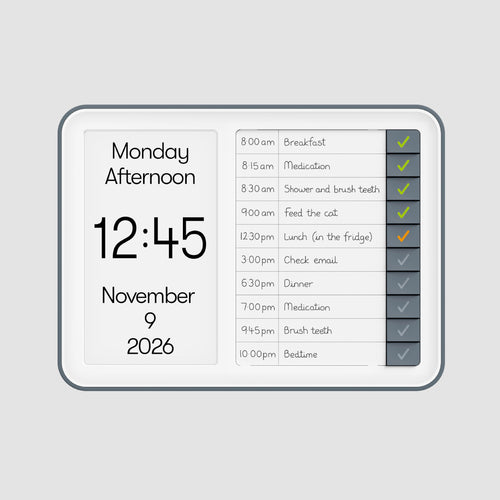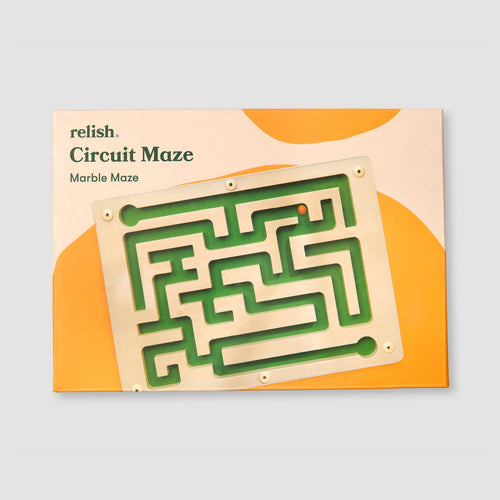Being a dementia and/or Alzheimer’s caregiver can be challenging yet at times rewarding. As researchers look for therapies that can reverse cognitive decline, the objective is to slow progression and give those with dementia the best quality of life from stages 1 to stage 7. One of the best ways to do this, is to help keep those will memory loss active.
What Science Says About Staying Active and Dementia
A 2011 study determined that physical activity can help slow dementia and brain aging. In 12 randomized, controlled trials, the benefits were experienced during the 2nd and 112th weeks.
Benefits include improvement in:
- Executive function
- Memory
- Processing speed
- Attention
By incorporating physical activity into a person’s daily routine, you may be able to slow mental decline. One study from Australia found that moderate-intensity exercise over a six-month period increased scores on the Alzheimer Disease Assessment Scale–Cognitive Subscale. The improvements persisted at 12 and 18 months, too.
An additional study from the UT Southwestern Medical Center found that exercise could delay brain deterioration amongst people that have a high risk of Alzheimer's disease. Exercise was associated with a slower deterioration of the hippocampus.
Incorporating Physical Activity in a Person’s Life
Exercising in mid-life has also been shown to reduce the risk of dementia by 20%. Helping the person you’re caring for stay active can mean something different for every activity level.
Physical activity and exercising, per se, does not mean having to over exert oneself. Whether you’re caring for your mother who is showing signs of dementia or are working as a hired care professional, it’s important that the level of activity matches a person’s comfort and abilities.
A few of the many activities that you can add into the person’s everyday schedule are:
- Walking – Whether around the home or around the block, staying in motion helps dexterity and avoids a sedentary lifestyle that can lead to boredom and anxiety.
- Exercise machines – Ellipticals, treadmills, and stationary bikes are not only good for the body, but now have screens that can make the experience even more engaging for those with dementia.
- Favorite Sports – Got a tennis player or swimmer in your midst? Adjust the level of intensity but provide a challenging and enjoyable way to keep the body in motion. Water activities in particular are excellent for mobility while minimizing pressure to the body.
- Gardening – You don’t often think of this as a tool for activity when in fact, for people with dementia, it could be incredibly valuable. Gardening and working with your hands, strengths manual dexterity, keeps the brain focused and sharp on the task, yet requires minimal exertion and little risk. Looking at hobbies in a new way can provide outlets for physical activities that help the mind and body.
- Independent Skills – Cleaning and organizing, walking the dog, going to the mailbox, all of these “everyday tasks” are responsibilities that keep a person living with dementia active and independent. When faced with memory loss, even the smallest of tasks that maintain normalcy are necessary for physical and emotional wellness.
Exercise, recreation, and responsibilities should be selected and monitored individually to avoid risk. Running, for example, is a great way to force more oxygen into the body and improve cardiovascular health, but it requires a high level of balance and puts a lot of strain on the joints. Even minimal weight training was found to protect the brain from degeneration. Lower weight and higher reps can help keep strain off of the joints while also offering cardiovascular benefits but all should be supervised.
Mental Exercise
There are also ongoing studies on mental exercise and activities to reduce or delay dementia symptom onset. Mental exercises to incorporate into the person’s daily routine are:
- Puzzlers
- Sudoku
- Card games
- Reading
- Journaling
Helping a person stay active, no matter their age or ability, can positively impact the brain. Assisting people living with dementia with physical and mental activities for as little as 20 to 30 minutes a day has a positive effect on their lives, and their livelihood. Relish offers activities and ideas to boost wellbeing in those affected with memory loss. An invaluable resource to the dementia community, for over 10 years, Relish has designed and developed ways to help family, friends and caregivers make meaningful connections and engage people living with memory loss. Visit relish-life.com to learn more about staying active and bringing joy to life when living with dementia.






















